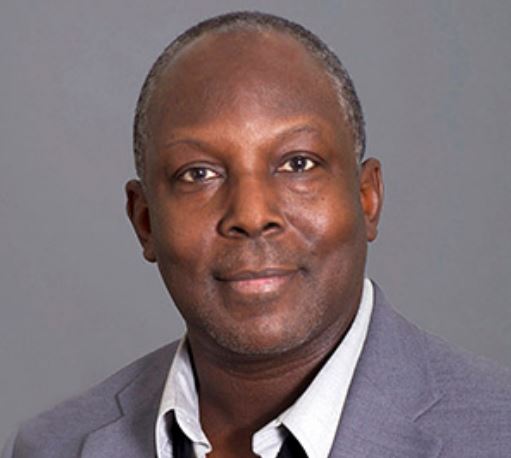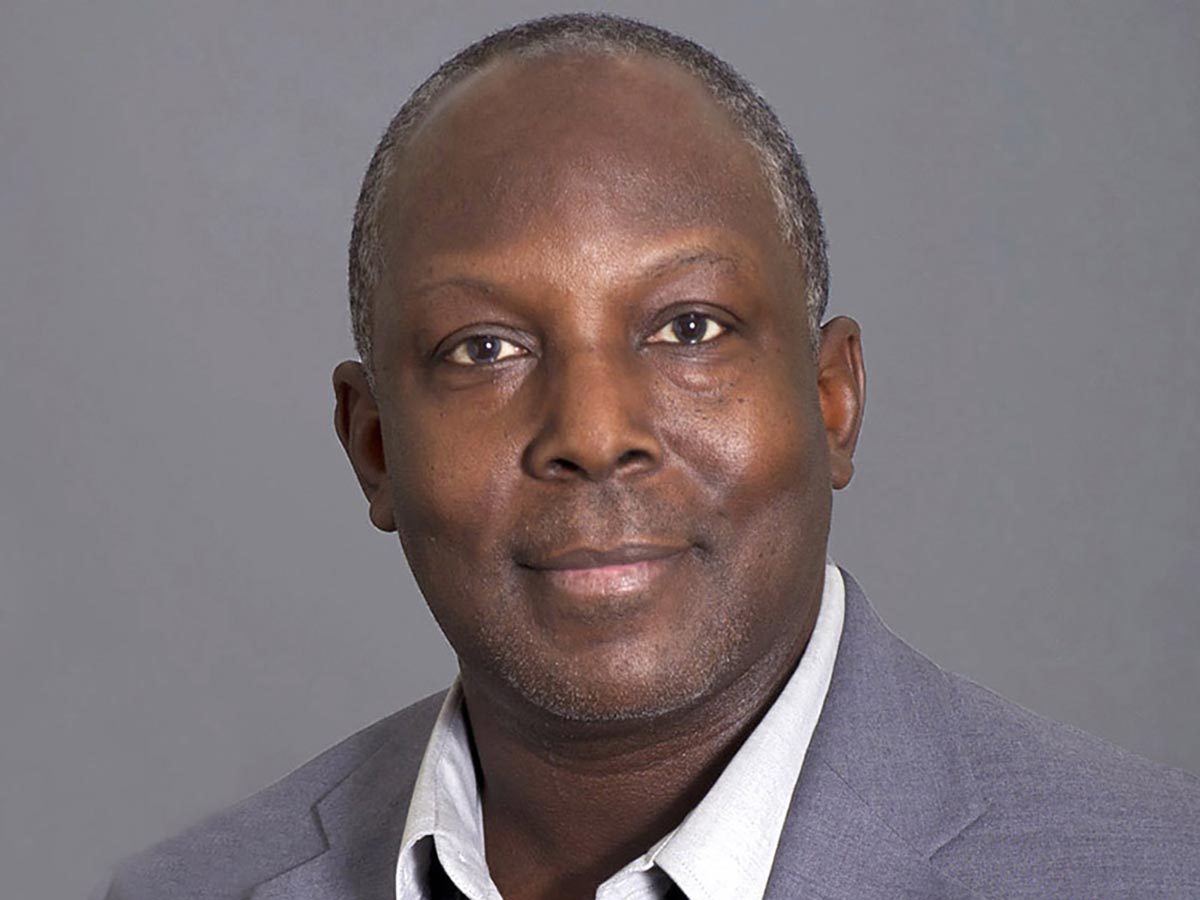[ad_1]
By Roger House
The fictional African kingdom of Wakanda was revisited in the new Marvel film, Avengers: Endgame. The country was first introduced in the 2018 movie Black Panther. The image of a black state that wedded tradition with futuristic technology became a metaphor of sovereignty to millions.
Yet just as the greeting of “Wakanda forever” began to catch on, Marvel razed the kingdom in the 2018 film, “Avengers: Infinity War.” For many people, the destruction was as disturbing as an urban renewal project. Now Wakanda is once again a place where black lives matter, if only in the movies.
The Afro-American fascination with the concept of Wakanda is symptomatic of a latent desire for autonomy. It harkens back to the black leaders who called for self-determination in the 19th century. Henry McNeal Turner, Bishop of the African Methodist Episcopal Church, preached that while Blacks should demand civil rights, they also must appreciate the fragility of their status in America.

For that reason, they should strive to control a space for cultural preservation. This does not mean the forced segregation of Jim Crow, but a state beholden to Black political power. Consider, for example, the role that Hawaii, New Mexico, or Utah has played for majority-minority ethnic and religious groups. The specter of an emboldened White supremacy gives the issue new urgency.
In the 19th century, thousands heeded the call for the symbol of liberty. Some migrated to settlements like Freetown in Sierra Leone and Monrovia in Liberia. In the 1820s, thousands immigrated to Haiti to establish residence when it ruled the island of Hispaniola. Others founded colonies on the frontier: Between 1865 and 1880, some 40,000 “Exodusters” relocated to Kansas and to Oklahoma territory to create thriving towns.
Today, the impressive gubernatorial campaign of Stacey Abrams argues in favor of a Georgia migration project. She came within 55,000 votes of winning the state – despite voter suppression efforts by White reactionary forces. In a state where Blacks comprise over 30 percent of the electorate, a strategy of targeted migration could help tip the balance. This may be our last best hope to establish a sustainable political base.
What is needed is a strategy to grow the voter base and to educate young people in how to run a state. One potential initiative would encourage retirees to make Georgia a black retirement destination. As it is, people are already relocating from northern cities to the affordable South. The project seeks to realign some of the current migration to Georgia municipalities for political effect.
Afro-American media can play a role in promoting discussion of the idea. Clearly a black-run state offers advantages under the U.S. Constitution not available to a municipality, the traditional site of Black political engagement. No doubt the case for a Black state runs counter to trends in the White-dominated political culture. Media and educational institutions are quick to censor or ridicule such things. Even some Black millennial pundits offer the illusion of “diversity” despite compelling evidence to the contrary.
Leading political organizations like the Congressional Black Caucus can take steps to advance the migration project as well: First, pursue hearings on allegations of voter suppression activity in Georgia and strengthen the Voting Rights Act. Second, host discussions on the feasibility of an encouraged movement of retirees to help achieve political autonomy. Over time, the outcome could be the nurturing of a real life Wakanda.
Roger House is an associate professor of American studies at Emerson College in Boston.
The opinions on this page are those of the writers and not necessarily those of the AFRO.
Send letters to The Afro-American • 1531 S. Edgewood St. Baltimore, MD 21227 or fax to 1-877-570-9297 or e-mail to [email protected]
[ad_2]
Source link


